Western sanctions, not Ukraine war, causing global recession: Analyst
The recession of the world economy has little to do with the military conflict in Ukraine, according to a commentator, saying the main reason is Western sanctions against countries such as Russia, which is the main source of energy and food in the world.
Clive Menzies, a researcher and political economy analyst, made these remarks in an interview with Press TV’s Spotlight program.
The World Bank slashed its 2023 growth forecasts on Tuesday to levels teetering on the brink of recession for many countries as the impact of central bank rate hikes intensifies, Russia's war in Ukraine continues, and the world's major economic engines sputter.
The development lender said it now expected global GDP growth of 1.7 percent in 2023 -- the slowest pace outside the 2009 and 2020 recessions in nearly three decades. In its previous Global Economic Prospects report, in June 2022, the bank had forecast 2023 global growth at 3.0 percent.
Menzies said the global economic collapse was predictable since the global financial crisis in 2008 primarily because of the responses to it.
"We were warning seven years ago that we are heading for a global economic collapse and last summer when the governor of the Bank of England was suggesting that they were going to adhere to their two percent inflation target, that seemed somewhat laughable,” he remarked.
“The primary mechanisms that are causing this crisis have been long-standing...So there's been money supply or money printing by the central banks; the major central banks ever since 2008 and that has accelerated in the last three years since September 2019."
The World Bank says major slowdowns in advanced economies, including sharp cuts to its forecast to 0.5 percent for both the United States and the eurozone, could foreshadow a new global recession less than three years after the last one.
“The World Bank cited Ukraine as one of the factors in all this but actually it has nothing to do with Ukraine. It has to do with the sanctions," Menzies noted.
"I was on a program in May 2022 where all of the commentators including myself were suggesting that the EU primarily shot itself in the foot with America's encouragement; because it's the sanctions that have created this acute problem."
Russia launched a military operation in Ukraine in late February, following Kiev’s failure to implement the terms of the Minsk agreements and Moscow’s recognition of the breakaway regions of Donetsk and Luhansk.
At the time, Russian President Vladimir Putin said one of the goals of what he called a “special military operation” was to “de-Nazify” Ukraine.
Since the outbreak of war, Western countries, led by the United States and the United Kingdom, have announced unprecedented sanctions on Russia while supporting Ukraine militarily, steps that Russia has warned would only prolong the war.
World Bank President David Malpass said in a statement that weakness in growth and business investment "will compound the already devastating reversals in education, health, poverty and infrastructure and the increasing demands from climate change".
“We've been at war since 2001 and it is the war of the structure," read the statement.
"The West believes that they can control the world centrally, they believe that there are too many of us on the planet, so they're looking to reduce the population and at the same time exercise control and if you control food then you control populations."
The World Bank noted that some inflationary pressures started to abate as 2022 drew to a close, with lower energy and commodity prices, but warned that risks of new supply disruptions were high, and elevated core inflation may persist.
The bank called for increased support from the international community to help low-income countries deal with food and energy shocks, people displaced by conflicts, and a growing risk of debt crises.
It further said new concessional financing and grants are needed along with the leveraging of private capital and domestic resources to help boost investment in climate adaptation, human capital and health.
Iran condemns IAEA inaction as US-Israeli aggression targets nuclear facilities
Iran FM says to issue protest to Kuwait over US aircraft downing
IRIB chief says Tehran compound hit in Israeli-US aggression, broadcasts continue
US-allied fuel tanker attacked by Iran still burning in Strait of Hormuz: IRGC
Attacks on hospitals, schools ‘strike at life itself’: Pezeshkian
Iran’s attacks on US bases ‘legitimate’ response to source of aggression: Araghchi
IRGC targets US intelligence centers, military depots in 11th wave of attacks
US-Israeli attacks damage 5 hospitals, medical centers in Iran: MP


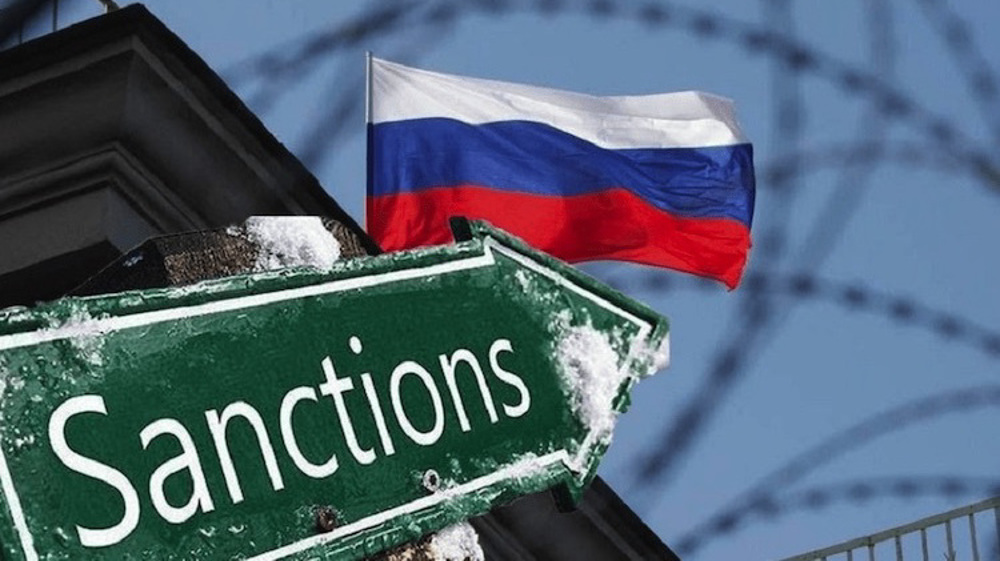


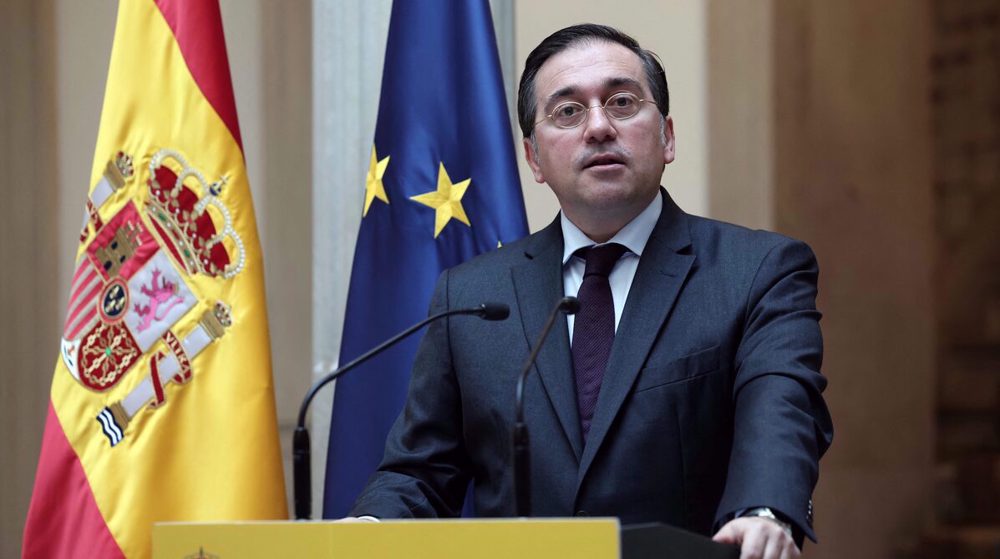
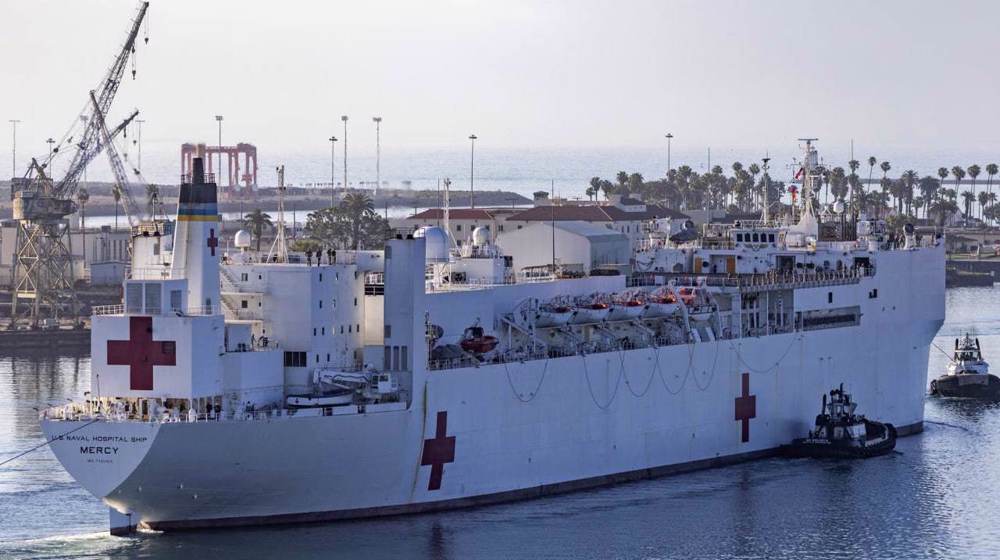
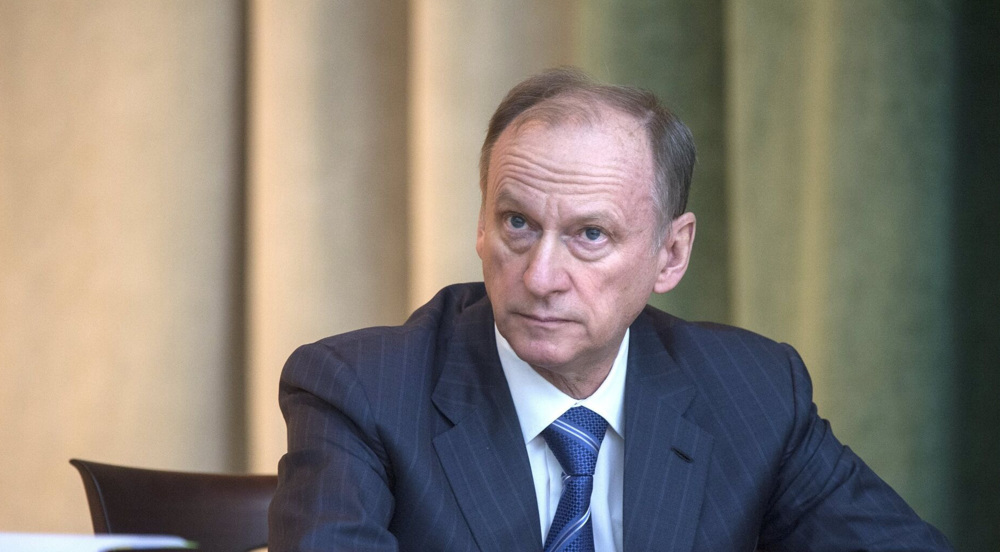





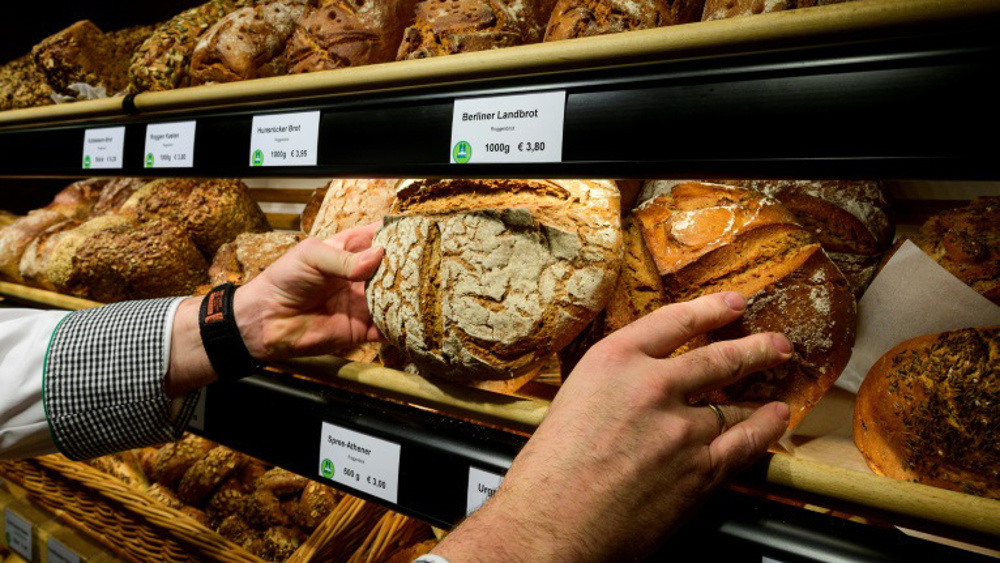
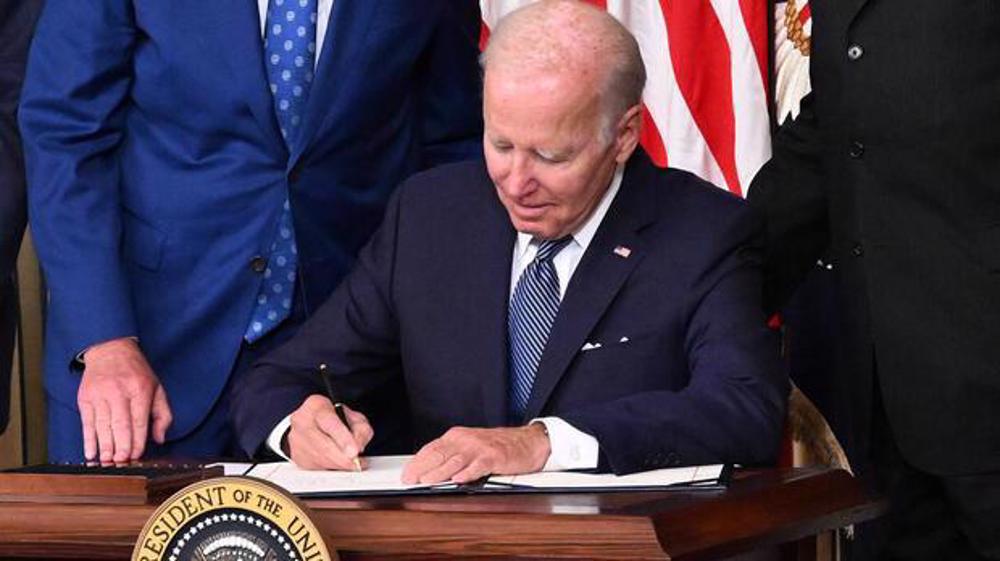
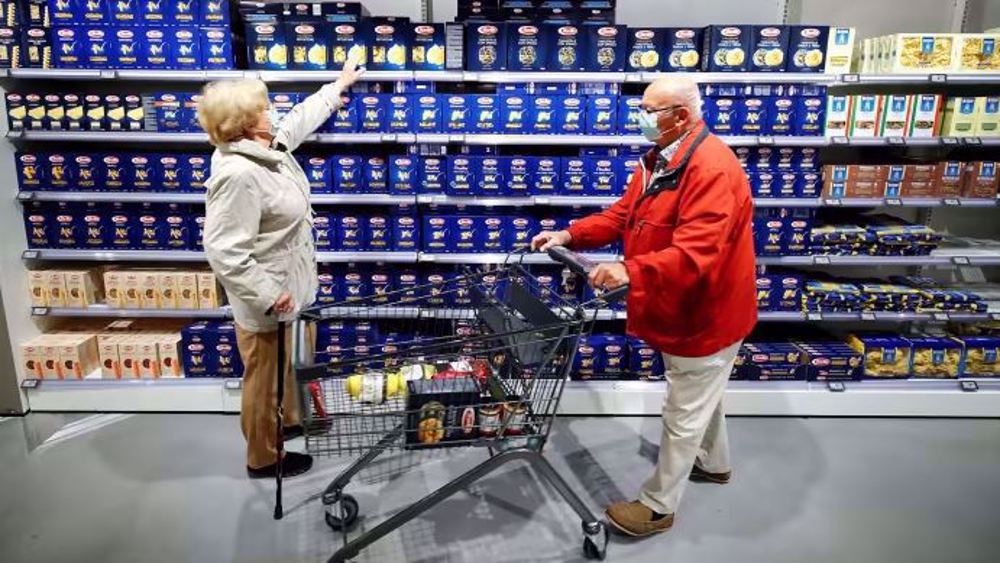

 This makes it easy to access the Press TV website
This makes it easy to access the Press TV website